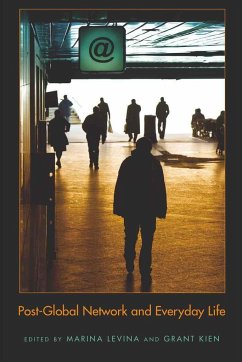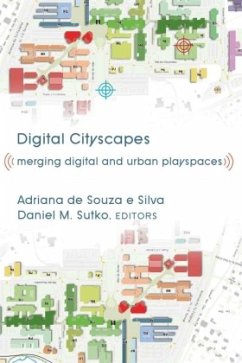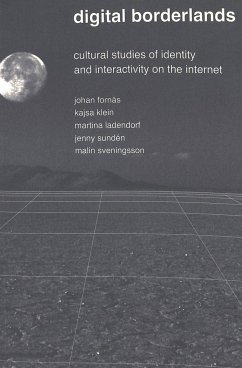
Post-Global Network and Everyday Life
Versandkostenfrei!
Versandfertig in 6-10 Tagen
40,50 €
inkl. MwSt.

PAYBACK Punkte
0 °P sammeln!
Post-Global Network and Everyday Life explores everyday life in the new world order of global network. It argues that network has come into its own as a state of mind and a way of life - in sum, a cultural norm. As a result, it is no longer fitting to examine the network as an external force, but as a somewhat banal aspect of our everyday environment. The essays in this volume provide analyses of case studies that illustrate new - and old - ways in which everyday life is lived within network. Each chapter examines network as an always-already condition - we are the network, and as such are liv...
Post-Global Network and Everyday Life explores everyday life in the new world order of global network. It argues that network has come into its own as a state of mind and a way of life - in sum, a cultural norm. As a result, it is no longer fitting to examine the network as an external force, but as a somewhat banal aspect of our everyday environment. The essays in this volume provide analyses of case studies that illustrate new - and old - ways in which everyday life is lived within network. Each chapter examines network as an always-already condition - we are the network, and as such are living in a state of post-global network.












